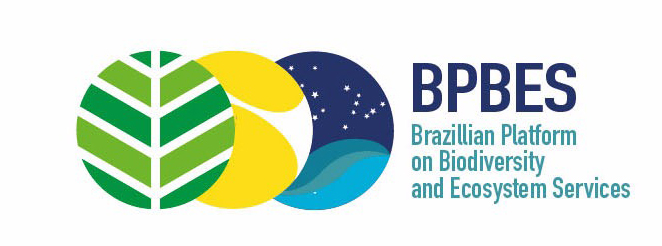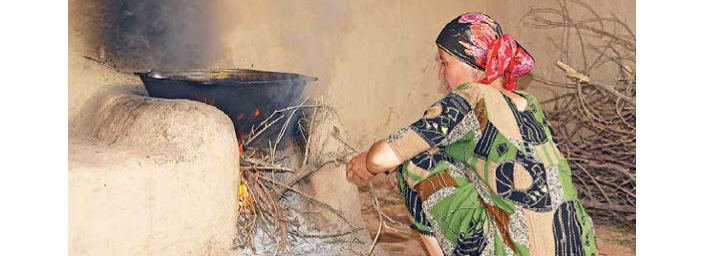The 1st Brazilian Assessment on Biodiversity and Ecosystem Services in Brazil will be launched in November with the collaboration of over 100 scientists.
To produce regular syntheses of the best available knowledge by academic science and traditional knowledge on Biodiversity, Ecosystem Services and their relations with human well-being and to promote dialogues with different sectors of society. That is the mission of the Brazilian Platform on Biodiversity and Ecosystem Services – BPBES. To accomplish this, BPBES will launch, on November 2018, the 1st Brazilian Assessment on Biodiversity and Ecosystem Services. [Read more…] about Framing biodiversity and ecosystem services into Brazil’s development process





